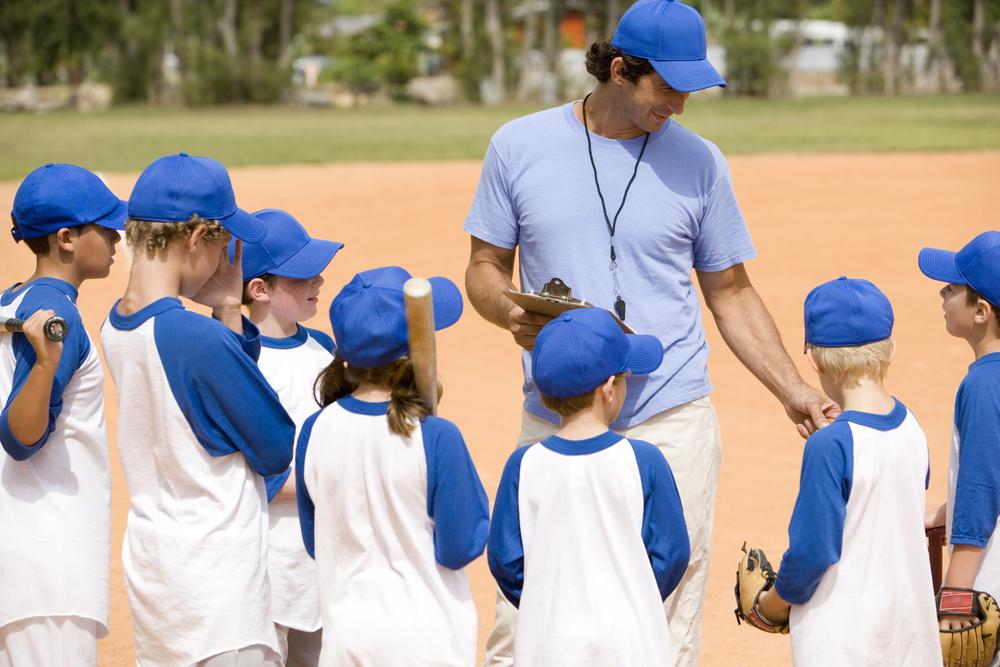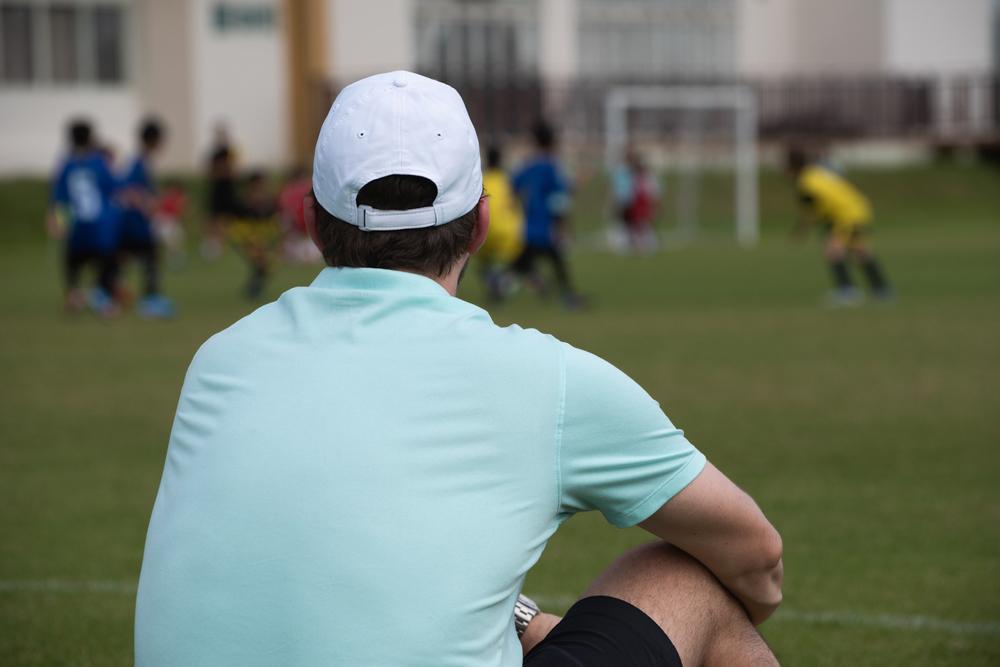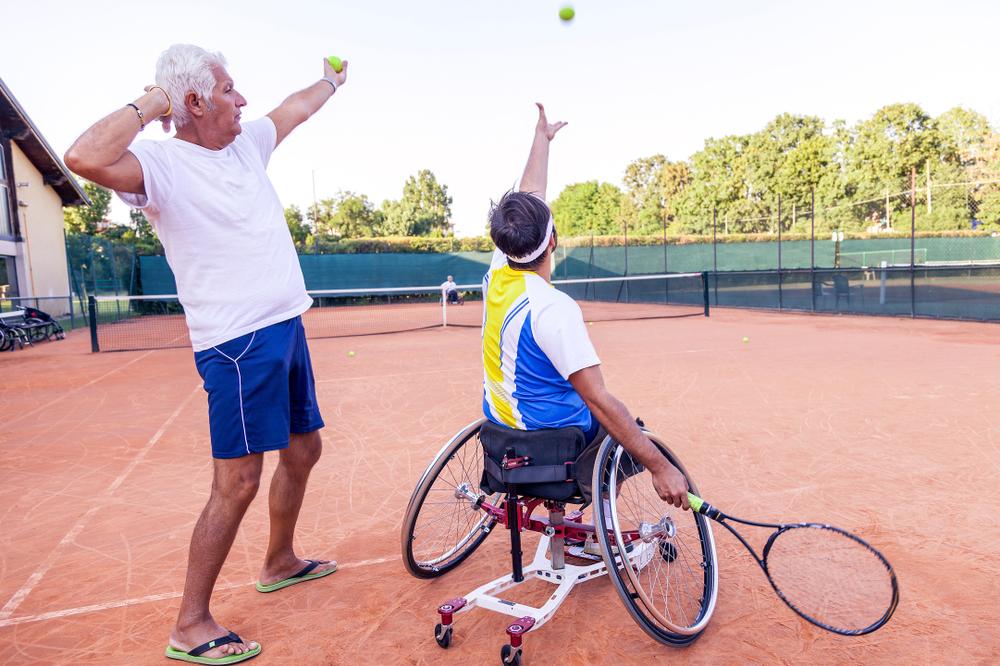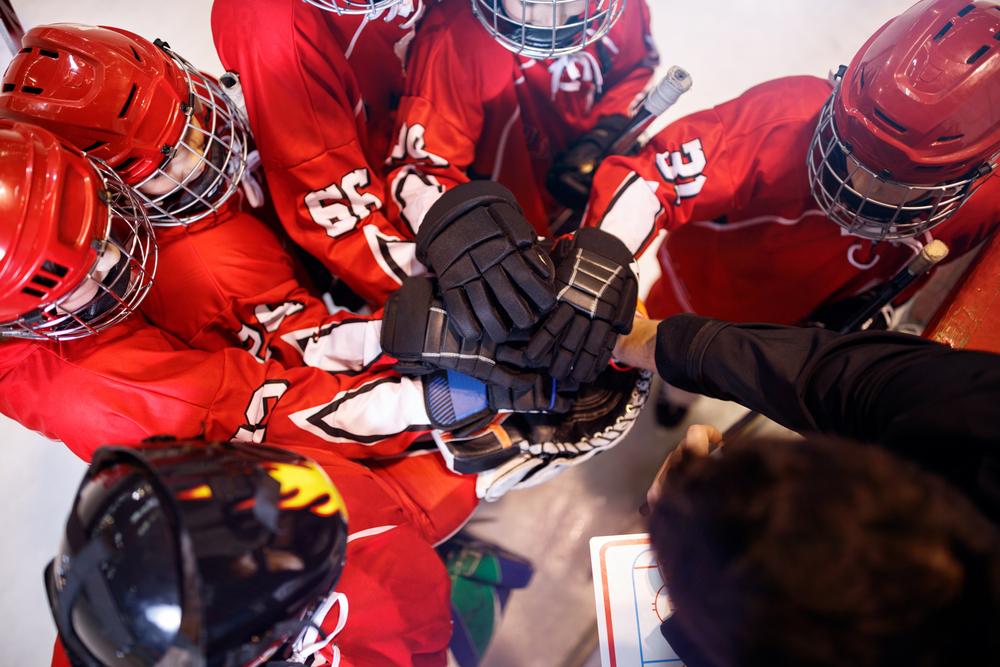 Content Warning: This article contains mentions of bullying.
Content Warning: This article contains mentions of bullying.
Being the new athlete on a team can be one of the scariest experiences for a young athlete, and as a coach, you have the power to improve – or worsen – the situation. While you’re likely busy running practices and preparing for competition, taking time to help new athletes assimilate onto your team can shape an athlete’s entire sporting experience. Dr. Tasha Belix, a registered psychologist, shares best practices on how coaches can prepare themselves and their team for new members.
Prepare for a New Athlete
Whether it’s before the season starts or before the first practice, start a conversation with your new athlete by asking a few questions to get to know them better. That preparation can help you determine the best way to make sure the ‘new kid’ is seamlessly integrated onto the team.
If an athlete is shy and would prefer not to be put on the spot at the first practice, try assigning them one or two ‘buddies’ to help show them the ropes. For more outgoing athletes, encourage them to lead one of the simpler drills and do a more traditional ‘getting-to-know-you’ introduction.
Belix suggests that there’s no right way to introduce every athlete, and the more tailored you can make that first meeting, the better the athlete will feel afterwards.
Make a Team Plan
“Let your team know a new person is coming before they show up, if possible,” says Belix. “Don’t always rely on the same person to step up and help the new athlete through the first practice.”
Encourage your entire team to take on a leadership role and take the opportunity to ‘buddy’ up with their new teammate. It will help your team get to know the new player on their own and relieve the stress on the newcomer to initiate every conversation.
Keep an Eye on the New Kid
While you should let the new athlete integrate into the team naturally, you should also be on the lookout for bad behavior from your players.
“If you see the new athlete being treated poorly, of course you need to act on that,” says Belix. This means acting as early as possible versus waiting for a situation to become more dire – bullying can be subtle. “Trust your gut. You may need to have a chat with athletes and hold them accountable.”
Check-in After Practice
Try to make time for a quick one-on-one with the new athlete after practice, without singling him out. “Have a quick conversation about how the practice went, if they are feeling comfortable, if they need anything, or if they have any questions or concerns,” Belix says.
Often, after the initial introduction, a coach assumes that a new athlete is integrating fine, but this check-in process can help an athlete feel heard. Belix adds that if the new athlete is chatting with their teammates, postpone talking with them versus interrupting.
_____
As a coach, it can be hard to step back and let the new athlete on the team integrate on their own terms, but it’s necessary. Remember that “some kids are less social than others and that’s fine,” says Belix.
“Don’t necessarily assume that an athlete isn’t fitting in if they’re not immediately making friends. Pushing a new athlete will likely just make them feel uncomfortable – give those athletes space if they seem to be happy otherwise.”



